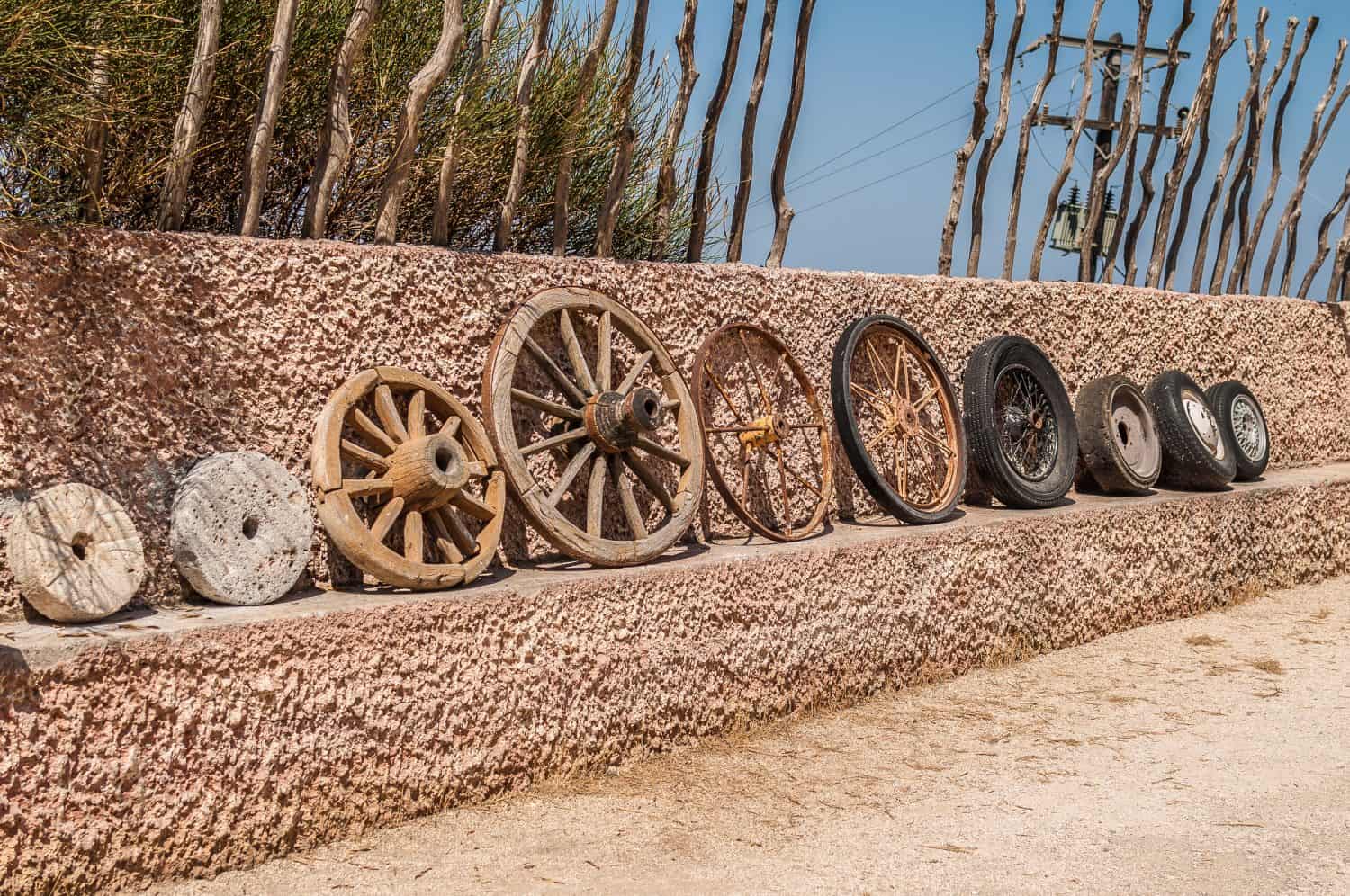
24/7 Wall St. Insights
- Roman, Egyptian, and Chinese civilizations had many different ingenious inventions.
- Chocolate was a big aphrodisiac for Mesoamerican civilizations and used for energy.
- The first earthquake detector is far older than you might imagine.
- Also: Discover “the Next NVIDIA”
When we consider the advanced technology we have today, we should be grateful for things like smartwatches, automobiles, and even earthquake detectors. However, many people don’t know that what’s notable about these technologies is that they have some form of historical ancestor that ancient civilizations created centuries before today. With that in mind, let’s look at the most ingenious inventions created by ancient cultures that have shaped today’s world.
11. Optical Lens

The Assyrian civilization may have been the first to develop the optical lens, which led to telescopes, glasses, and more. Dating back to the 8th century BC, the Layard Lens was discovered in northern Iraq. Historians believe it was used as a magnifier or corrective lens.
10. Earthquake Detector
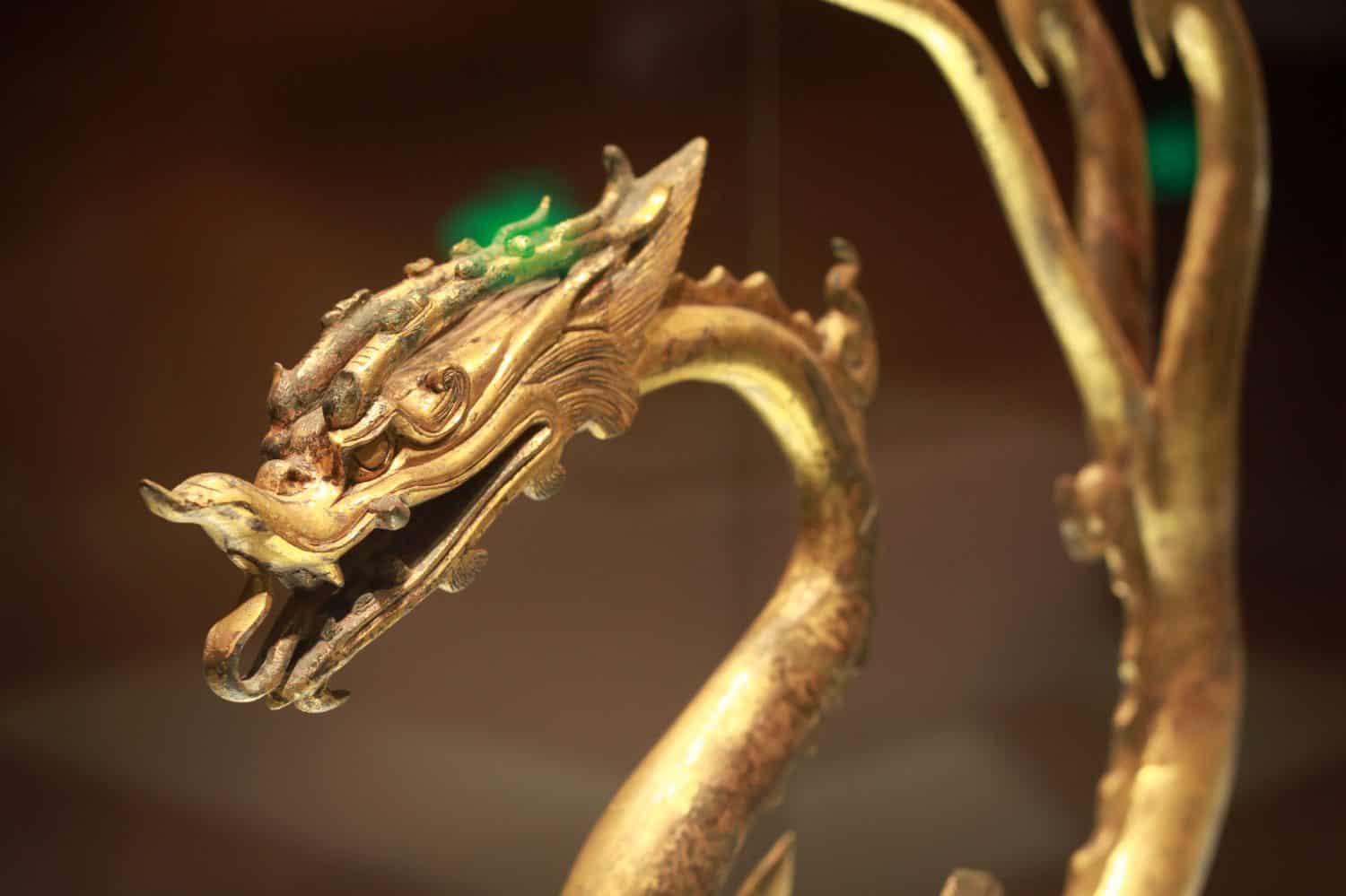
Created in 132 AD, Zhang Heng, an official astronomer for the Eastern Han Dynasty in China, was the world’s first earthquake detector. A big bronze pot surrounded by dragon heads and toads, the direction of the earthquake could be learned by where a ball dropped from the dragon’s mouth into the toad.
9. Chocolate

While chocolate may not be a technological invention that helped build a society, its importance cannot be understated. Developed over 3,000 years ago in Mesoamerica, the cocoa bean was used to create “energy” drinks and act as an aphrodisiac to grow local societies.
8. The Sundial
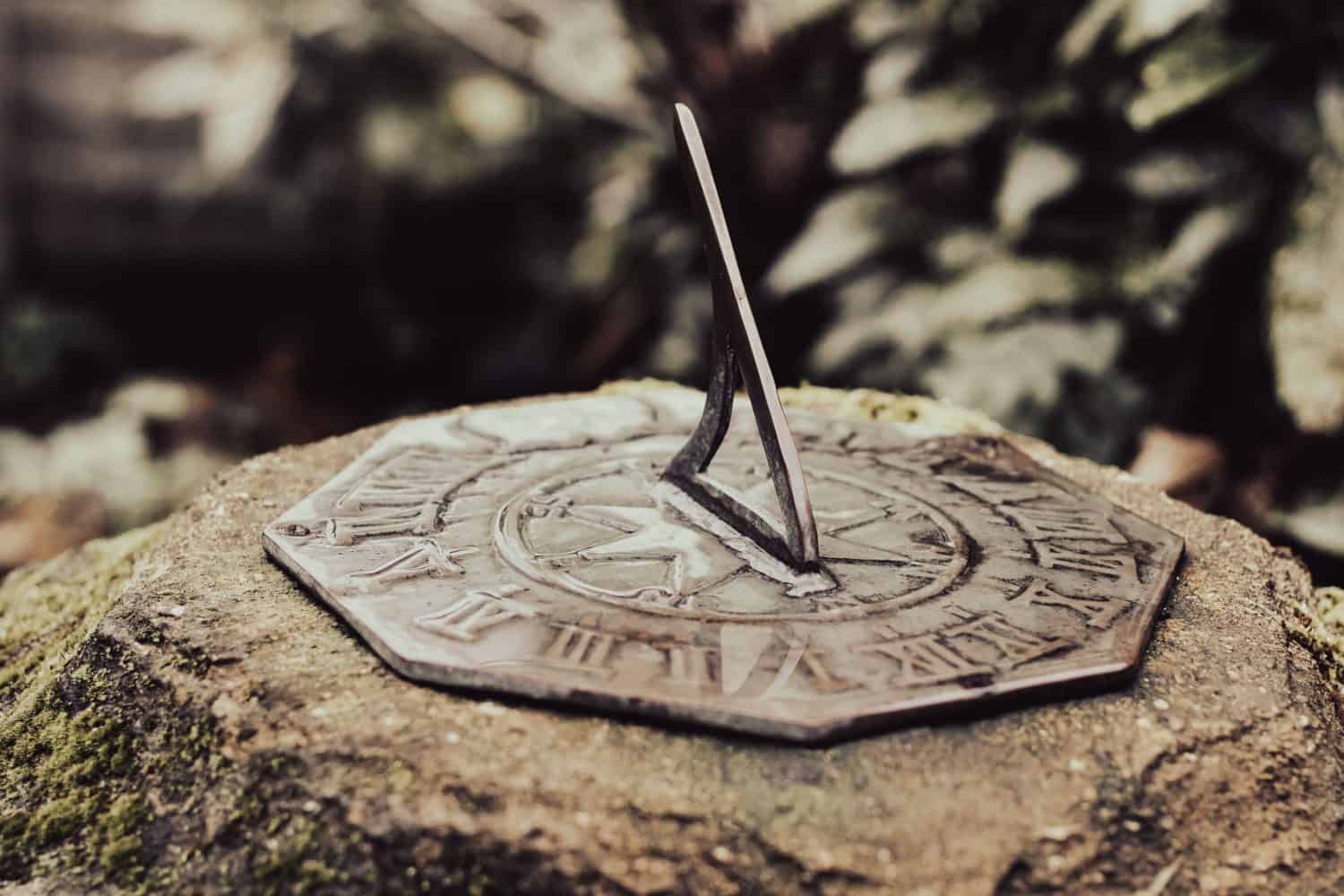
Developed by ancient Egyptians around 1500 BCE, the sundial is considered one of the earliest methods for telling time. Ancient Egypt could determine the exact time of day using the sun’s position.
7. Paper
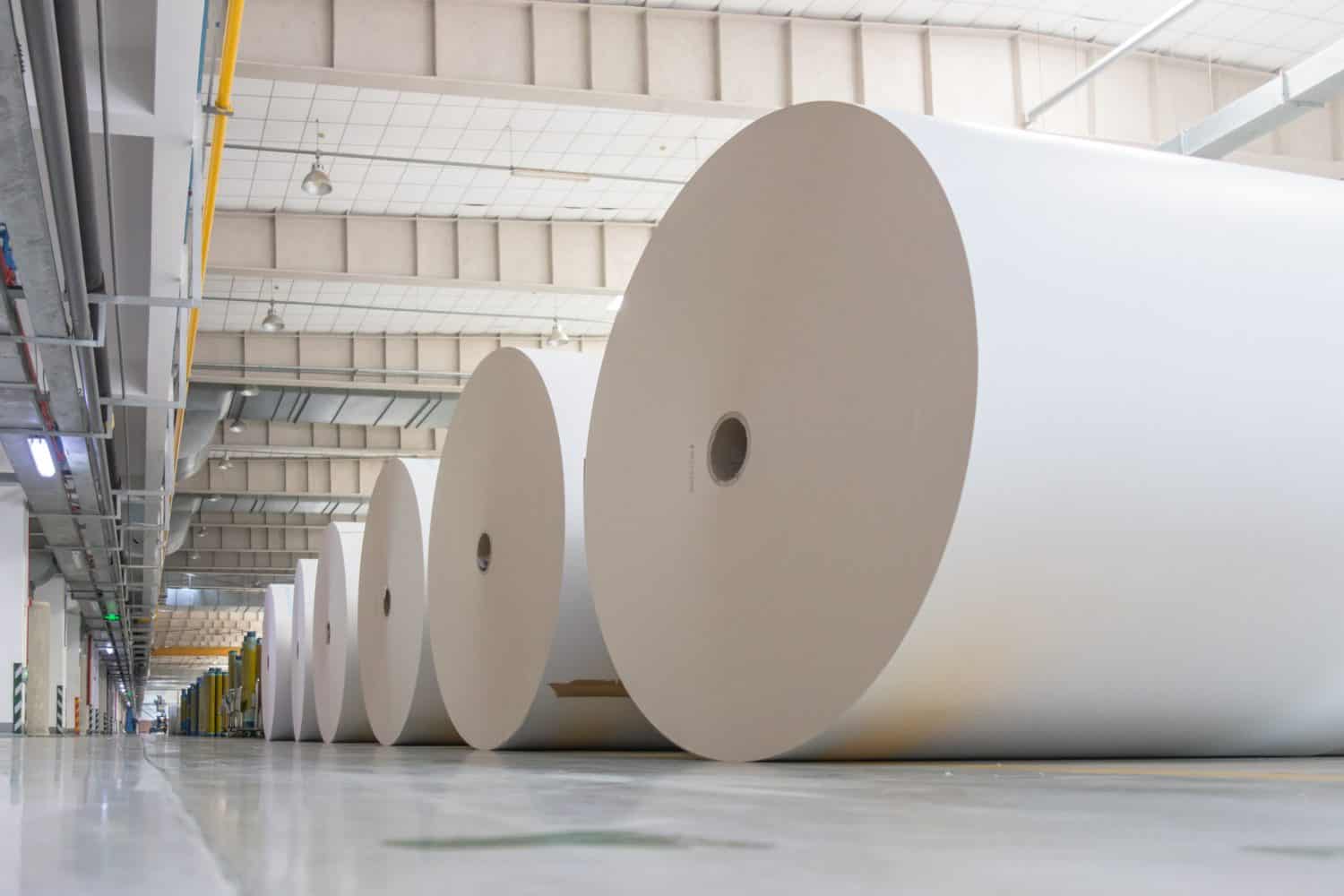
The invention of paper, which occurred in ancient China around the 2nd century, made for a more efficient writing medium than clay tablets or papyrus, which were popular then. Over time, paper has helped tell thousands of stories passed down through generations.
6. The Abacus
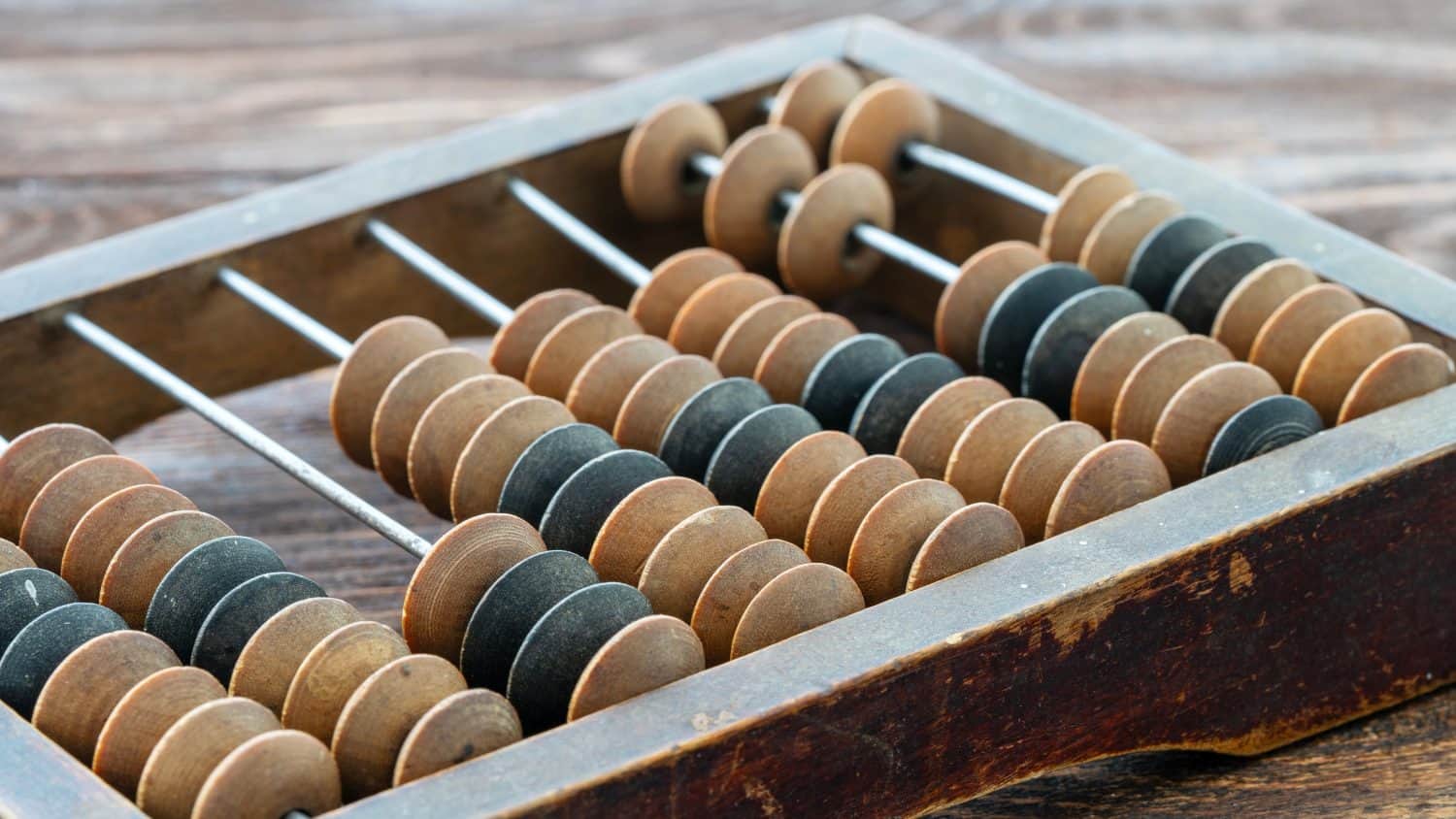
The abacus, developed by ancient Mesopotamia around 2400 BCE, was the earliest form of calculator we know today. It is considered one of the earliest computing devices that reflects the advanced thinking of Mesopotamian society.
5. Fresh Water

We take running water for granted today, but ancient Rome first devised this ingenious idea. Using gravity, the Romans created arched structures to carry water from freshwater bodies into the city, which benefited public health and sanitation.
4. Private Bathrooms
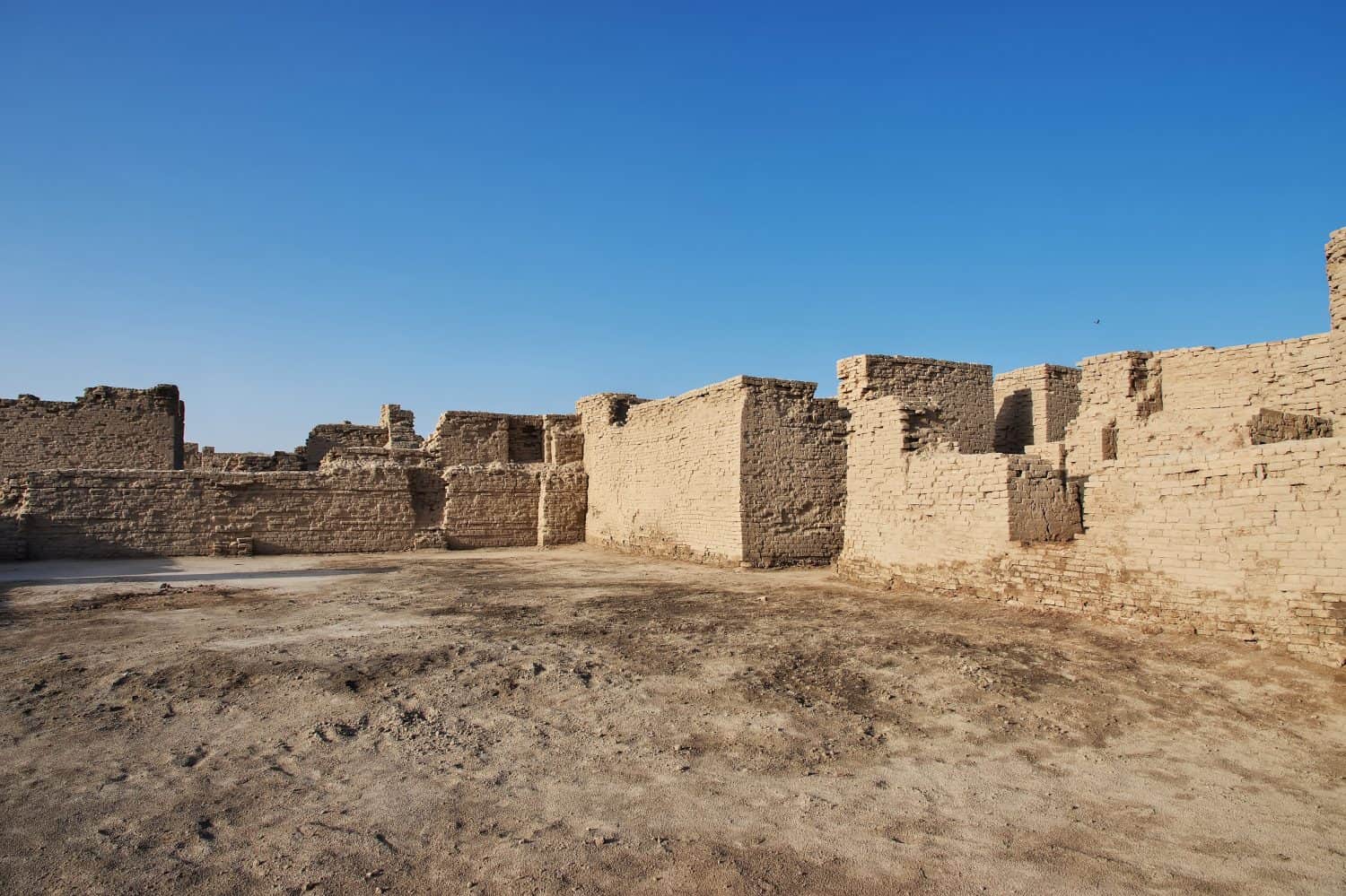
When it comes to private bathrooms, we have ancient civilizations of the Indus River Valley to thank. These ancient cultures created homes with private bathrooms connected to an extensive sewer system.
3. Compass
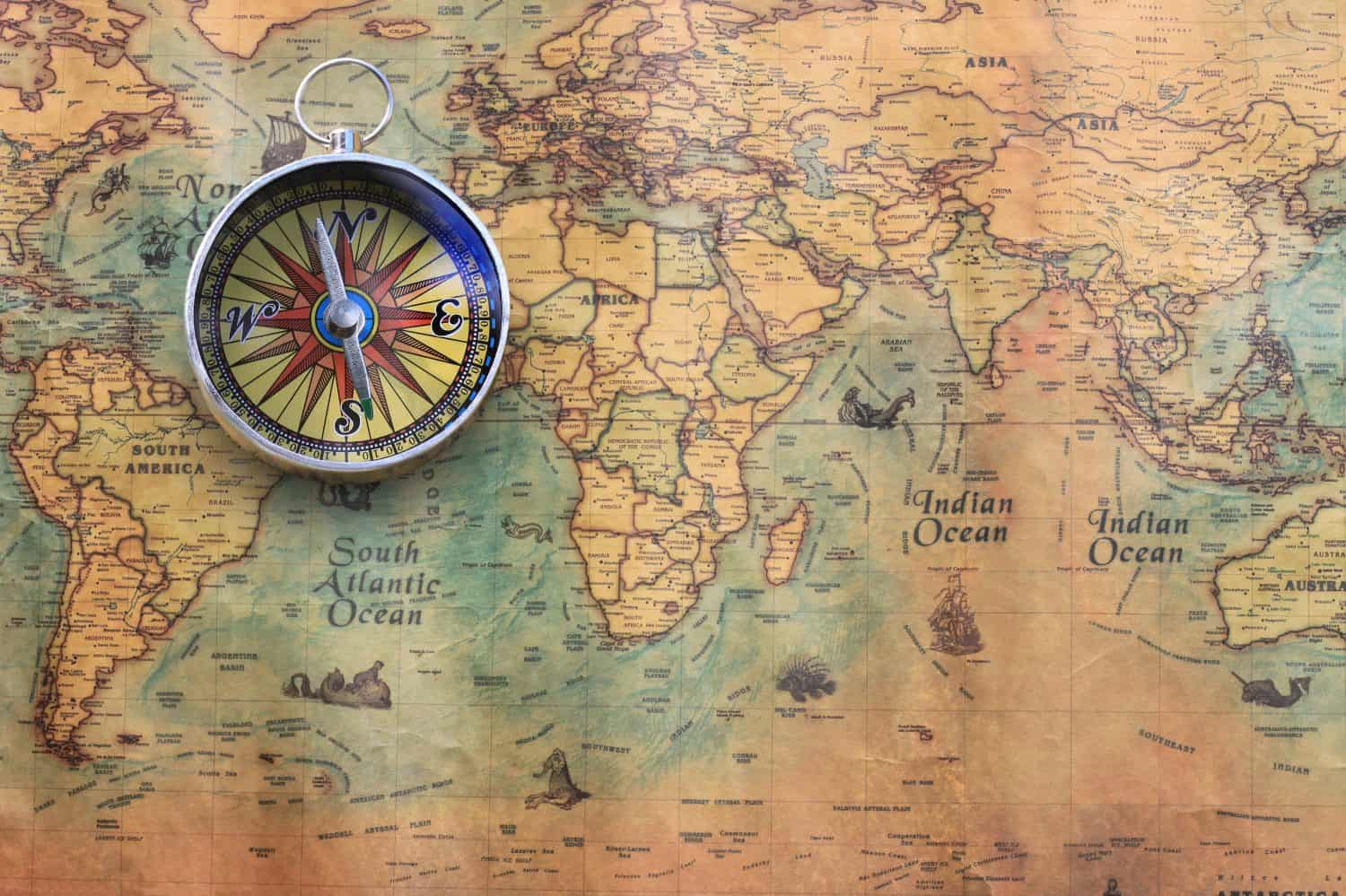
If you’ve used a compass lately, ancient Chinese cultures are to thank for this invention. Developed around the 2nd century BCE, the compass contributed to the rise of the Silk Road, which introduced trade to much of the known world.
2. Pyramids

The Egyptians developed quite a bit, including breath mints, black ink, and the calendar; the pyramid is one of this culture’s ingenious inventions. Using levers, ramps, and architectural planning, Egypt showed what is possible when you stretch the limits of “modern” machinery.
1. The Wheel
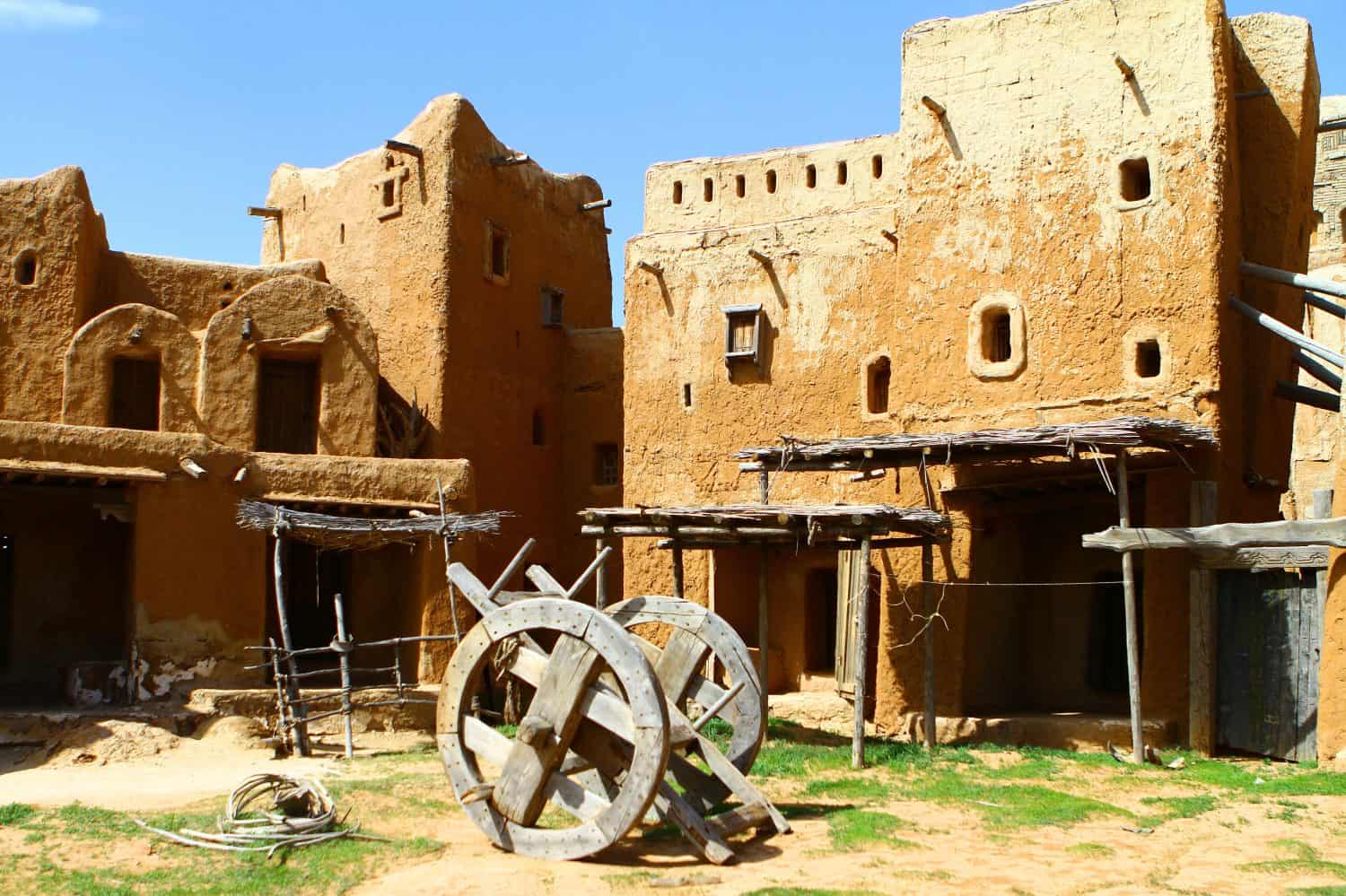
One of the inventions we take for granted today is the wheel. What’s surprising is that the wheel, or a form of it, was designed by the Mesopotamians in 3500 BCE. The wheel would revolutionize agriculture and increase land trade, later becoming one of the most important inventions in history.
It’s Your Money, Your Future—Own It (sponsor)
Are you ahead, or behind on retirement? For families with more than $500,000 saved for retirement, finding a financial advisor who puts your interest first can be the difference, and today it’s easier than ever. SmartAsset’s free tool matches you with up to three fiduciary financial advisors who serve your area in minutes. Each advisor has been carefully vetted and must act in your best interests. Start your search now.
If you’ve saved and built a substantial nest egg for you and your family, don’t delay; get started right here and help your retirement dreams become a retirement reality.
Thank you for reading! Have some feedback for us?
Contact the 24/7 Wall St. editorial team.





